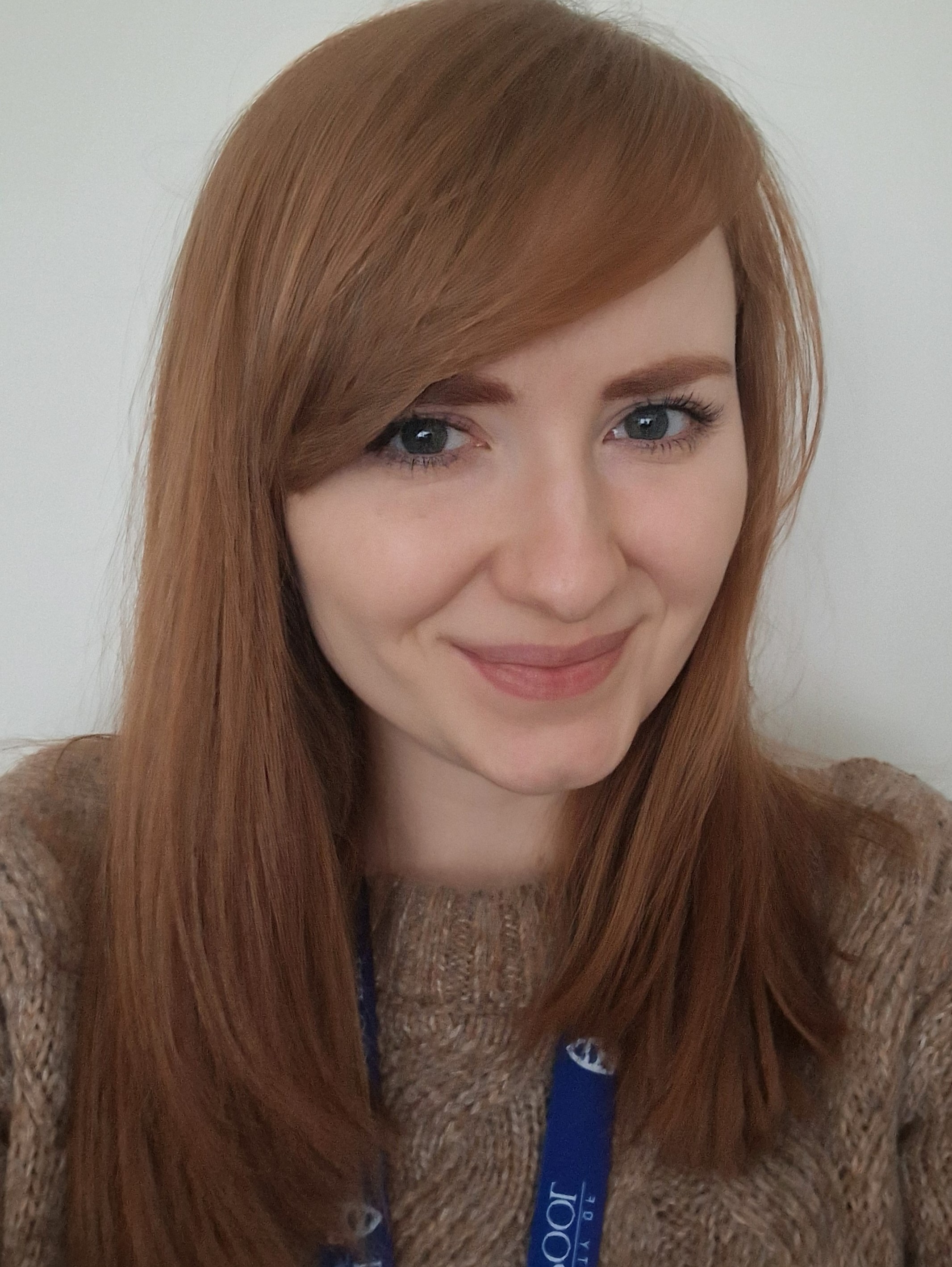
Dr Melissa Chapple BSc, MSc, PhD
Lecturer Primary Care & Mental Health
- Work email Melissa.Chapple@liverpool.ac.uk
- About
- Research
- Publications
- Teaching
Research
Research Overview
I am broadly interested in qualitative, inter-disciplinary methodologies within psychological research. My research has primarily focussed on exploring the experiences of autistic adults and in evaluating community-based approaches to mental health and wellbeing.
Tackling wellbeing inequalities amongst neurodivergent adults
I am interested in all aspects of autistic wellbeing and mental health, with a particular interest in exploring the reasons for lower life expectancy and worse mental health outcomes amongst autistic people. I am also interested in exploring how these inequalities might impact other neurodivergent groups and ways to tackle these inequalities throughout society. Additionally, I am interested in exploring the determinants of mental health and wellbeing within neurodivergent groups, such as unemployment, social exclusion, communicative misunderstandings between groups and environmental sensory barriers.
Overcoming stigma towards and within autistic adults
My work has centred around challenging the way in which we think about autism within psychology by drawing on interdisciplinary understandings of communicative differences. I am particularly interested in exploring the double empathy problem between autistic and non-autistic people and how promoting double empathy understandings might help to overcome the stigma that autistic people experience. I am additionally interested in applying this to the structural stigma that exists towards autistic people within psychology, to consider how we might develop more ethical knowledge production about autistic people and their experiences.
Evaluating the impact of community-based activities on mental health and wellbeing
I am interested in evaluating community-based approaches to mental health and wellbeing, with a particular interest in exploring how arts-based activities in the local community can promote social inclusion and subsequent wellbeing. Through my PhD, I explored the value of shared reading in encouraging accessible social interaction between autistic and non-autistic adults. Through my post-doctoral research, I worked on the COVID-19 CARE research project, exploring the longitudinal wellbeing impacts on people in the Liverpool city region as a result of restricted access to arts and culture which has resulted from the COVID-19 pandemic. My recent research has explored the impacts of the 15 year partnership between the Royal Liverpool Philharmonic and Mersey Care NHS Trust, with a focus on evaluating the success of music sessions offered through The Life Rooms. In line with my other research interests, I am additionally interested in continuing to explore how community-based arts activities might encourage greater social inclusion and wellbeing amongst neurodivergent people.